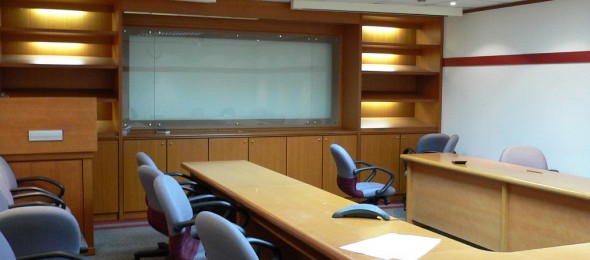Ann M. Lipton, Visiting Assistant Professor of Law at Duke University School of Law has published “Manufactured Consent: The Problem of Arbitration Clauses in Corporate Charters and Bylaws,” 104 Georgetown Law Journal __, Forthcoming. In her article, Professor Lipton analyzes recent jurisprudence regarding the use of arbitral provisions in the charters and bylaws of publicly traded companies.
Here is the abstract:
Over the years, there have been numerous proposals to allow publicly traded corporations to amend their charters and bylaws to require the arbitration of all shareholder disputes. Recently, two courts enforced such a bylaw in the context of a publicly traded real estate investment trust, ruling that under the Federal Arbitration Act, bylaws are “contracts” with investors, and therefore arbitration clauses must be enforced according to their terms.
As this Article demonstrates, charters and bylaws are not contractual, particularly as that term is constituted for purposes of FAA jurisprudence. Specifically, corporate law – especially as it pertains to publicly traded corporations – is predicated on the assumption that dispersed stockholders do not have sufficient information or expertise to be trusted with control over the corporate entity, and therefore corporate directors must act as the stockholders’ guardians. This is very different than the regime that governs contract law, which starts from a premise of party autonomy, and assumes that each party is sufficiently knowledgeable to protect her own interests. For that reason, corporate charters and bylaws are noncontractual under the FAA, and their validity must be assessed within a corporate law framework.
The Article then identifies incompatibilities between FAA jurisprudence and corporate law that are traceable to the different premises underlying the two fields, and recommends that the FAA not be interpreted to preempt state law regarding the application of arbitration clauses to corporate governance disputes.
This and other scholarly papers authored by Professor Lipton may be downloaded for free from the Social Science Research Network.
Photo credit: Matt’s Life / Foter / CC BY














